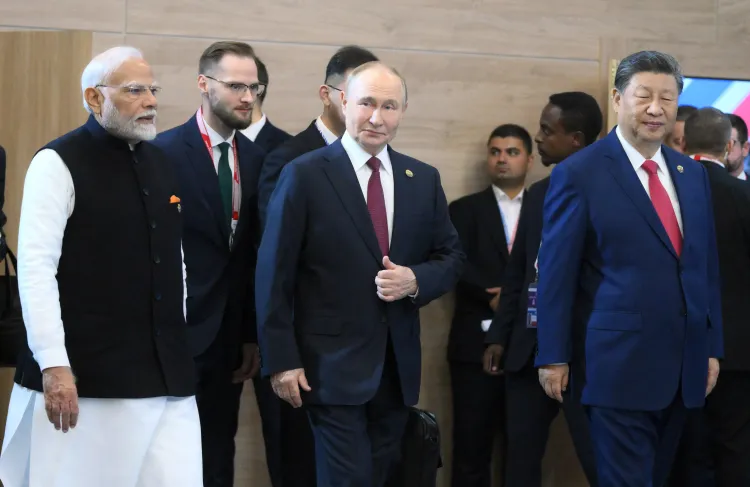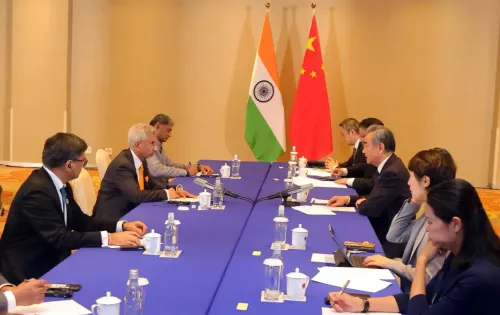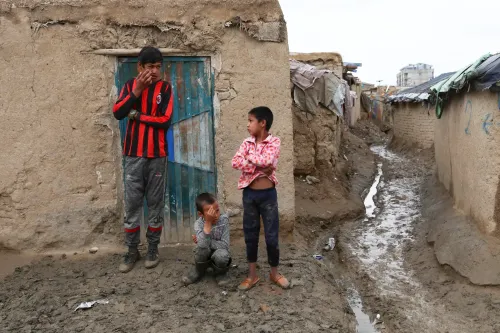Will Russia Begin Transportation to India and China via Iran Next Year?

Synopsis
Key Takeaways
- Russia is planning to initiate transportation to India and China via Iran in 2026.
- Discussions have occurred between major shipping companies to enhance container shipping.
- Joint maritime consortium agreements between Russia and Iran aim to boost trade.
- Prime Minister Modi highlights the importance of connectivity for trust and development.
- Initiatives like the Chabahar Port are crucial for regional linkages.
Moscow, Nov 24 (NationPress) - Russia is gearing up to initiate transportation through the Russia-Iran-India and Russia-Iran-China routes as part of the North-South International Transport Corridor, with plans set for 2026, according to Andrey Tarasenko, the head of the Russian Federal Agency for Maritime and River Transport, as reported by local media on Monday.
Tarasenko informed reporters, "There are intentions to commence transportation on the Russia-Iran-India and Russia-Iran-China routes, with operations scheduled for 2026," as indicated by the Russian state-run news agency TASS.
In April, discussions took place between the management of MMTP JSC, Iran's largest state-owned shipping company IRISL, and its Caspian subsidiary, Khazar Sea Shipping Lines (KSSL). They reached an agreement to establish container transportation, specifically multimodal container shipping within the North-South International Transport Corridor.
Earlier this month, Russia and Iran finalized agreements to create a joint maritime consortium aimed at enhancing transportation between Makhachkala and Iranian ports.
During the Shanghai Cooperation Organisation (SCO) Summit in Tianjin, China, Prime Minister Narendra Modi emphasized that the SCO embodies Security, Connectivity, and Opportunity. He asserted that India firmly believes robust connectivity not only facilitates trade but also fosters trust and development.
In his opening remarks, he stated, "I would like to share my insights on the second pillar, 'C' - Connectivity. India has consistently maintained that strong connectivity does not solely promote trade but also opens avenues for trust and development. This vision drives our efforts in initiatives like the Chabahar Port and the International North-South Transport Corridor."
"Through these initiatives, we can strengthen our ties with Afghanistan and Central Asia. We believe every connectivity endeavor must respect sovereignty and territorial integrity, principles enshrined in the SCO Charter. Connectivity that circumvents sovereignty ultimately loses its trust and significance," he added.









